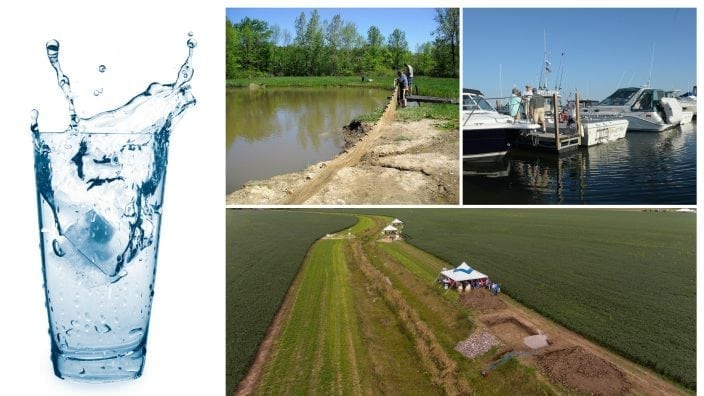Ohio Farm Bureau introduces Energy and Utility Issues Resource Guide
Ohio Farm Bureau’s newest resource for members seeks to help farmland owners navigate the many questions surrounding energy development.
Read MoreFarm Bureau and others have successfully pushed back against Ohio Gov. John Kasich’s attempt to exclude agriculture from the water quality conversation.
On July 11, Kasich issued an executive order that asked the Ohio Soil and Water Conservation Commission to designate eight watersheds in the Maumee River Basin as “Watersheds in Distress” and adopt a rules package to address nutrient runoff. The plan would impact some 7,000 farmers across about 2 million acres.
On July 18, Ohio legislators held a news conference at the Statehouse to call on the governor to rescind the executive order. They also asked the Soil and Water Conservation Commission to withhold its approval until it has adequate information to make an informed decision. Leading the news conference were Ohio House Speaker Ryan Smith, House Ag Committee Chairman Brian Hill, Senate Ag Committee Chairman Bob Hackett and other lawmakers.
The next day, the commission voted 4-2 to study the issue before taking action.
Farmers and Farm Bureau were at the forefront in responding to Kasich’s unilateral action. In a news release, OFBF Executive Vice President Adam Sharp said, “We’re curious why the order deals with only agriculture and not other pieces of the water puzzle, especially since the administration has prioritized other water quality initiatives instead of farm conservation programs.” He noted that the Kasich administration said it has invested more than $3 billion to improve Lake Erie water quality. But an examination of the expenditures, reported by Cleveland Public Broadcasting station WCPN, found that only 1 percent of that money was used to address agriculture’s portion of the water quality challenge. “If we weren’t a priority for state resources, why are we a priority for state regulation?” Sharp asked.
Sharp wasn’t alone in responding to the Kasich plan. Dozens of farmers were in attendance for the General Assembly’s news conference and approximately 75 attended the commission meeting. Hancock County farmer Duane Stateler spoke at both events. Stateler, who operates one of the Ohio Farm Bureau/NRCS Blanchard River Demonstration Farms, urged Kasich to become better informed on the complex issues.
At the commission meeting, Ohio Farm Bureau Vice President for Public Policy Yvonne Lesicko questioned the validity of the data Ohio Environmental Protection Agency used to justify the watershed in distress request. Prior to the meeting, Farm Bureau sent the commission six pages of questions about the executive order and rules package that the Kasich administration either could not or would not answer.
Following the commission’s decision to further study the issue, Farm Bureau issued a news release that stated, “By choosing to take a deliberative approach, the commission agreed with the Ohio General Assembly and Ohio’s farm organizations that a decision of this magnitude deserves a transparent and inclusive process.”
Media interest was extremely high, in particular by reporters who don’t regularly cover agricultural issues. In farm publications, multiple editorials chided the governor for refusing to work with the farm community.
Ohio Farm Bureau knows farmers have a significant role to play in improving Ohio’s water quality and intends to remain fully engaged as the next steps develop. Since the commission meeting, OFBF filed a public records request to examine the science behind the proposed watersheds in distress designation. The organization also will participate in the Soil and Water Conservation Commission study process and continue to work with the General Assembly.
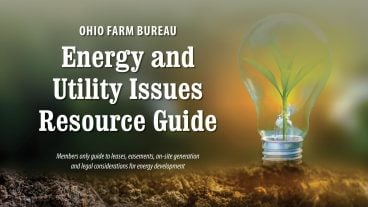
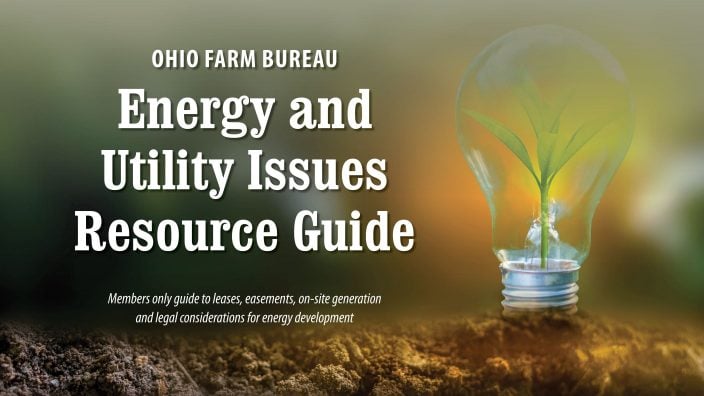
Ohio Farm Bureau’s newest resource for members seeks to help farmland owners navigate the many questions surrounding energy development.
Read More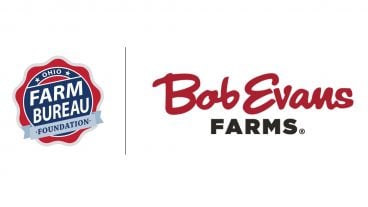
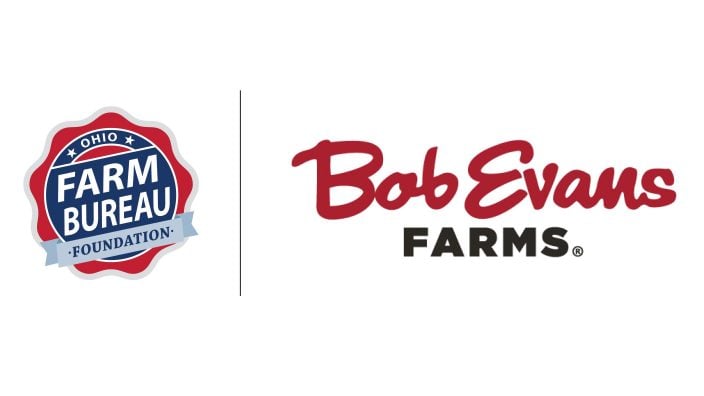
Bob Evans Farms has been a passionate supporter of Ohio Farm Bureau’s ExploreAg program since it began in 2018.
Read More

Ohio Bureau of Workers’ Compensation offers five tips to help prevent slips, trips and falls—one of the top causes of workplace injuries.
Read More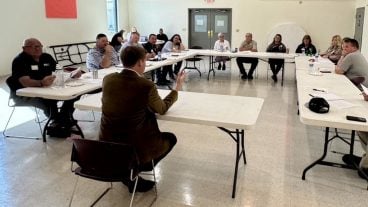
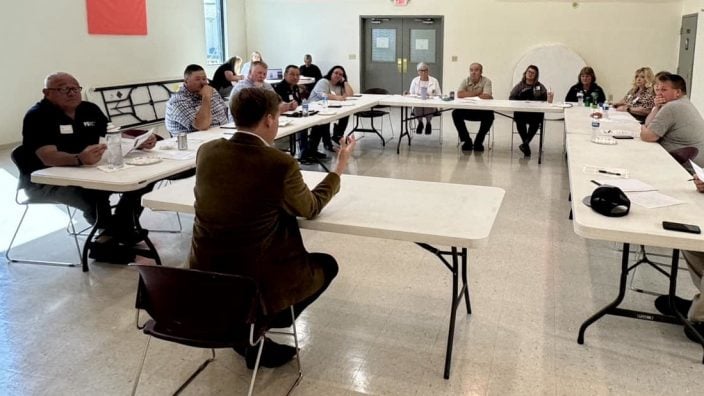
Through a grassroots process, county leaders identified 106 seats where a Friend of Agriculture could be named, with 104 of those seats ultimately being won by a Friend of Agriculture candidate.
Read More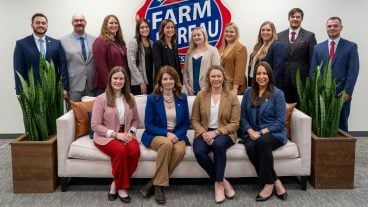
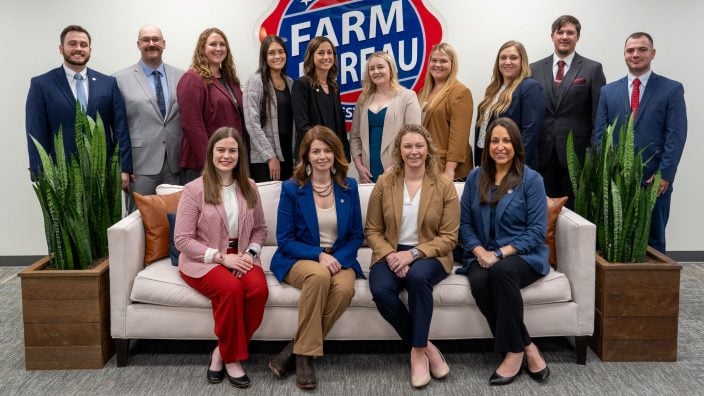
Ohio Farm Bureau’s 2024-2025 AgriPOWER Institute kicked off in October with 14 farmers and agribusiness professionals participating in Class XV.
Read More
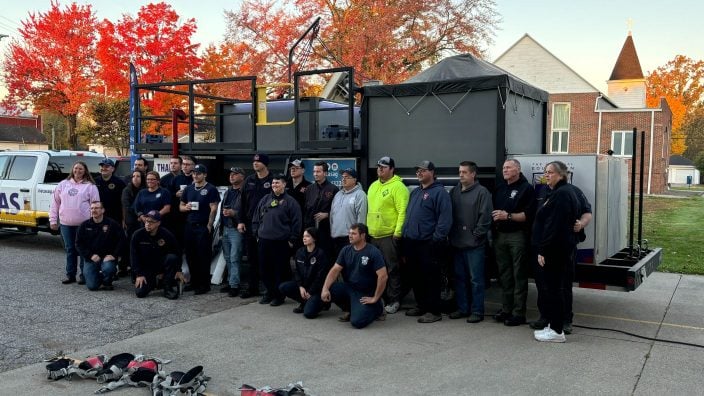
Nationwide’s Grain Bin Safety campaign has awarded grain rescue tubes and training to 390 fire departments across 32 states since 2014.
Read More

The event takes place Feb. 7-8, 2025 at Kalahari in Sandusky, Ohio and is open to members of all ages. Registration closes Jan. 21.
Read More

Receive free conference registration and complimentary transportation to and from the conference March 7-10, 2025 in Denver.
Read More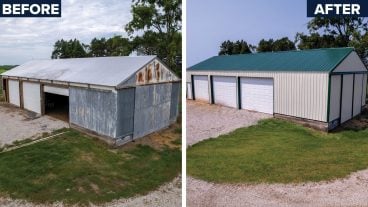
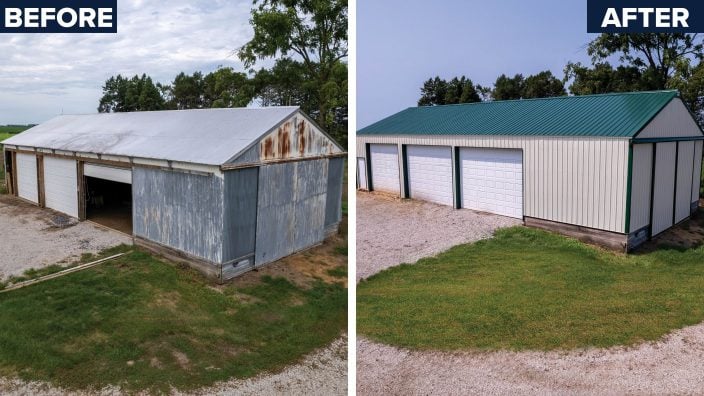
From minor fixes to complete overhauls, this limited time offer is your chance to save on necessary updates and give your post-frame building the attention it deserves.
Read More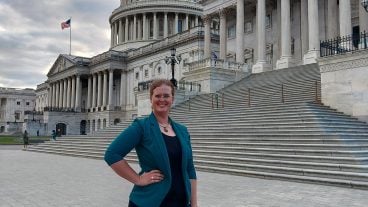
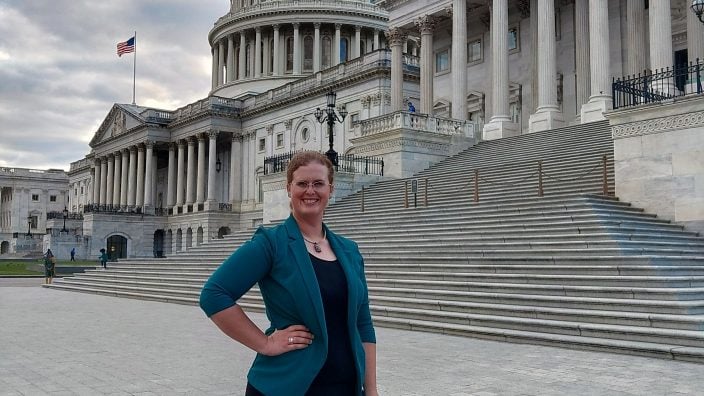
Sharing our story is how we connect with others, especially those not involved in the day-to-day operations of agriculture.
Read More